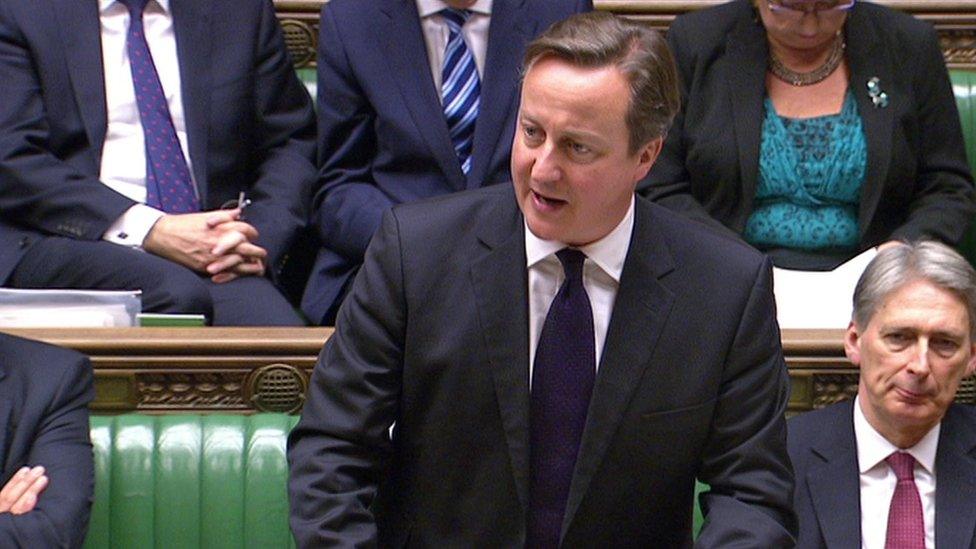Cameron to set out Syria strategy to MPs within days
- Published
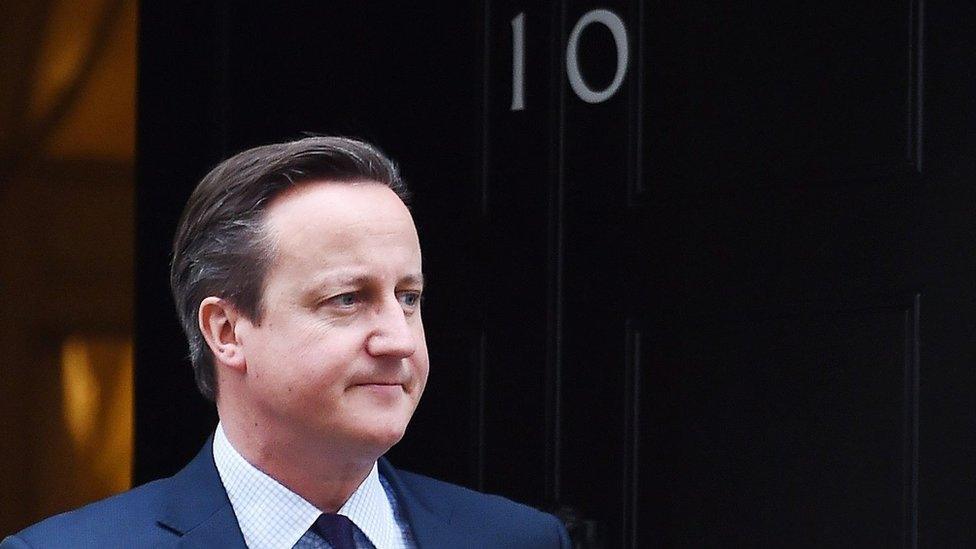
David Cameron is to set out his plan for tackling the crisis in Syria within days, in a bid to win support for air strikes against Islamic State fighters.
It comes after a Foreign Affairs Committee report said the UK should not join allied bombing in Syria without a coherent international strategy on IS. , external
The government has said it will only call a vote when it is sure to win.
The SNP said it would not back action without clear UN legal authority, while Labour MPs are divided on the issue.
IS has claimed responsibility for the Paris terror attacks, as well as recent attacks in Tunisia, Egypt, Beirut and Turkey among others.
The prime minister will appear in the House of Commons in the coming week to set out a "full-spectrum" strategy - including military, counter-terrorism and humanitarian actions.
Paris attacks live reporting: Manhunt continues
Terror attacks: Belgium 'looking for several suspects'
Newspaper review: Cameron 'war plan' and UK security fears
Chancellor George Osborne said MPs would then have time to "digest that response", and the government would take stock of what support it could count on in a parliamentary vote.
Chancellor George Osborne: "We will call the vote, when we're confident we have the numbers to win it"
Privately, some Labour shadow ministers say they may be willing to support the prime minister rather than their own more cautious leader Jeremy Corbyn if a convincing case is made, BBC political correspondent Iain Watson says.
In other developments:
The Great Britain Davis Cup tennis team have delayed travelling to Belgium for the final amid ongoing security fears in the country
A book of condolence has been opened for a British man who died in the Paris attacks

Analysis by BBC Political Correspondent Iain Watson
It seems clear that - despite the speculation - there will be no rush to air strikes in Syria.
As the Chancellor made clear today, to fail to get Parliamentary backing would be a propaganda coup for IS.
What's holding Downing Street back is a lack of "definitive" offers of support even after Friday's UN security council resolution.
That's why what the prime minister says in response to the foreign affairs select committee next week is so crucial.
His own Conservative rebels are in listening mode - not hostile but not yet convinced.
There are Labour shadow ministers who would be prepared to back him, too. But they need a good reason to split with their leader, so Number 10 can't count on their support unless Mr Cameron delivers a convincing strategy.
Some Labour MPs would in any case feel emboldened if their own party does badly in the forthcoming Oldham by-election.
The pressure is now on Jeremy Corbyn to give his MPs a free vote to stop damaging stories of splits.
But there is unlikely to be a decision until he sees what David Cameron has to offer and whether the prospect of serious division is even likely.
So, despite the best efforts of some commentators, it's impossible to predict a precise timescale for air strikes.

In a speech on Saturday, Jeremy Corbyn, who is under pressure to allow his MPs a free vote on the issue, warned against "external intervention" in Syria.
His close ally, Shadow Chancellor John McDonnell, said if there had to be troops on the ground in Syria, they should come from the region itself, arguing that the US and the UK getting involved in another war in the Middle East played into the IS "narrative of crusader invasion".
SNP Deputy Leader Stewart Hosie said his party - which has 55 Westminster MPs - would not support any proposal for UK military action in Syria without a Chapter VII UN resolution, which he said would make military action legal.
Confirmation that the action would be effective and a "post-conflict" plan were also needed if the SNP were to back action, he added.
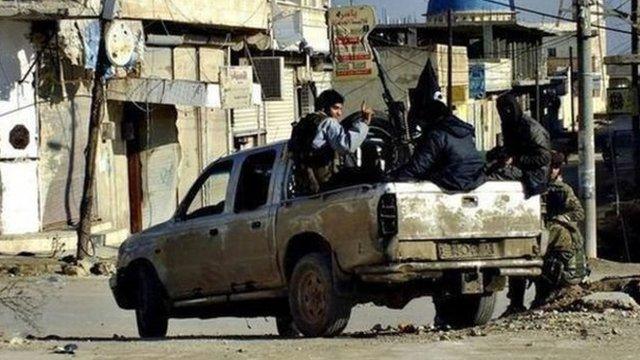
Islamic State fighters in Raqqa, one of their Syrian strongholds
The Democratic Unionist Party in Northern Ireland, which holds eight seats at Westminster, said it would back British military force in Syria provided it was "realistic and in the national interest".
Meanwhile Maj Gen Tim Cross, the most senior British Army officer involved in Iraq's reconstruction after 2003, said "hard military power" alone would not be enough.
"That will only be a part of holding, containing, degrading Isis in the Middle East. It won't destroy the idea and it won't destroy Isis in and of itself," he told the BBC.
MPs voted against UK military action against Syrian President Bashar al-Assad's government in 2013.
But they did later approve British air strikes against IS extremists in Iraq.
On Saturday, the prime minister welcomed a UN resolution, external asking nations to "combat by all means" the IS threat.
He is due to meet French President Francois Hollande in Paris on Monday to discuss ways of co-operating on counter-terrorism and the fight against IS.
- Published22 November 2015
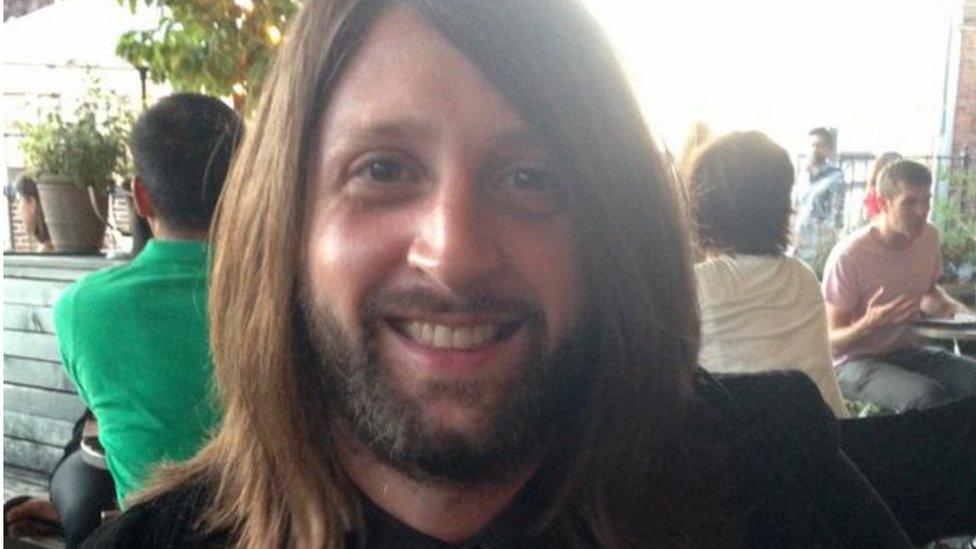
- Published21 November 2015
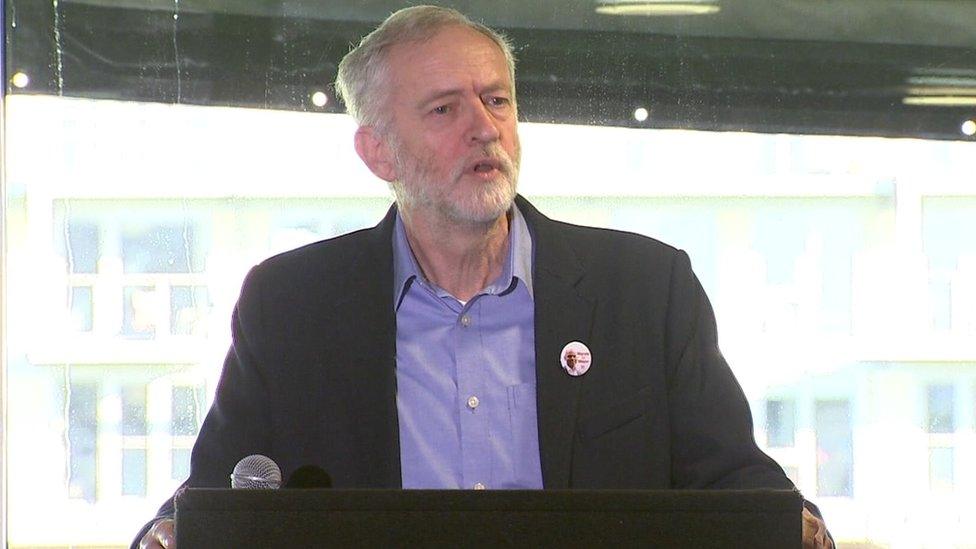
- Published21 November 2015
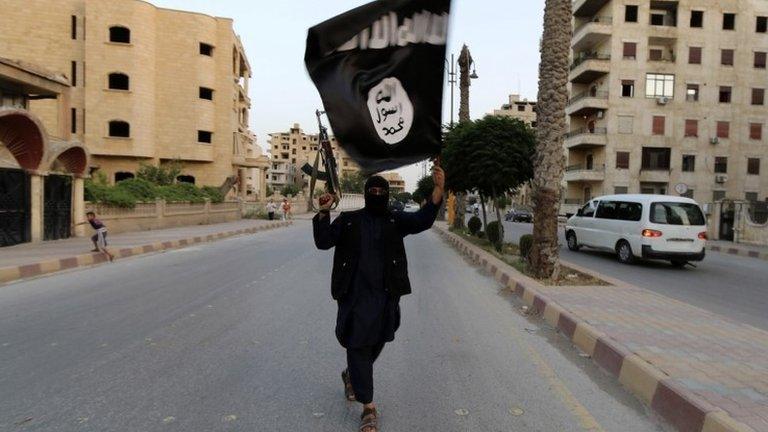
- Published18 November 2015
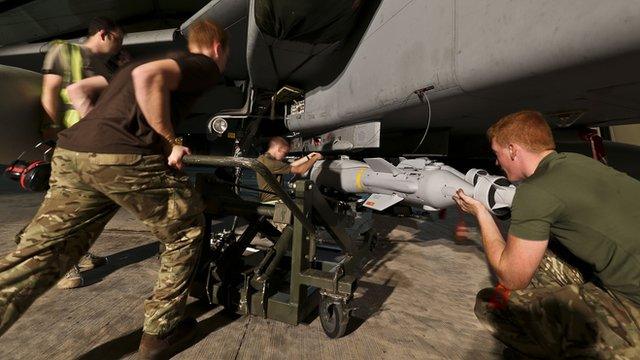
- Published17 November 2015
